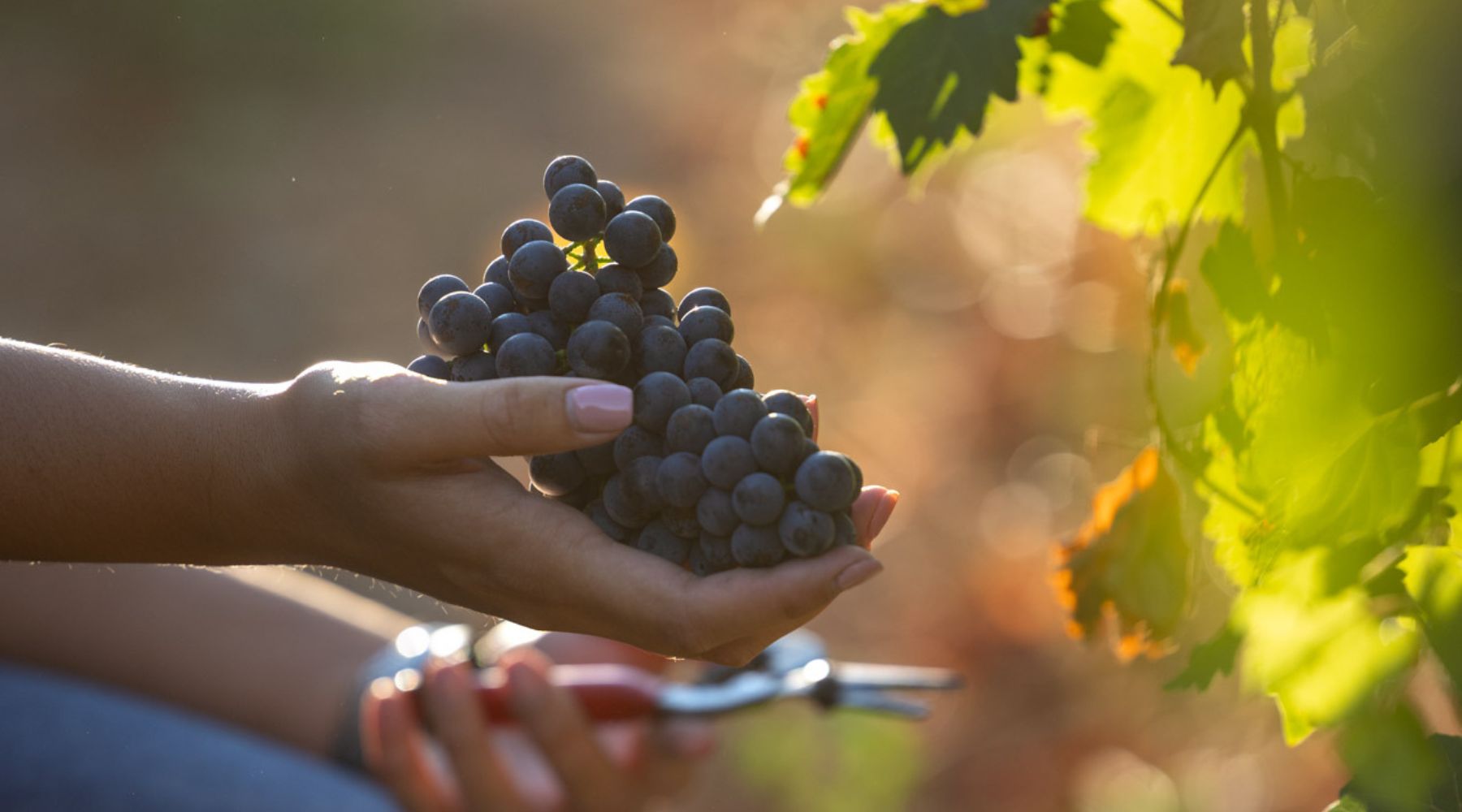The Differences Between London Dry Gin and Standard Gin
London Dry Gin and standard gin are both styles of gin, but they have some differences in terms of production and taste. London Dry Gin is a specific style of gin that must adhere to certain regulations and standards, and the process must result in a final product that has no added sugar or other sweeteners. The flavor profile of London Dry Gin is typically characterized by a strong juniper flavor, with other botanicals playing a more subtle role.Meanwhile, the gin does not mean that it necessarily needs to be made in Londonitself.
- The regulations stipulate that to be known as ‘London Dry Gin’, the spirit must adhere to these rules (among others):
- The base spirit must be distilled to a completely neutral state of at least 96% ABV and re-distilled (with the botanicals) to 70%
- All the flavours can only be added through the distillation, and juniper must be the dominant botanical
- All the ingredients must be natural plant materials. The keyword here is NATURAL, so nothing synthetic or artificial is allowed
- Nothing can be added into the gin after distillation, not even if it’s to add more flavours to the gin. (Other than maybe water and a little bit of sugar). Since the spirit you obtain from distilling does not have any colour in it, you can’t add any colouring in it
- The finished product has to be 37.5% ABV or higher
Standard gin, on the other hand, is a more general term used to describe any type of gin that does not fall under the London Dry Gin category. Standard gin can be made anywhere, and producers have more flexibility to add sweeteners, fruit juices, and other flavourings. As a result, standard gin can have a wide range of taste profiles, from sweet and fruity to complex and herbal.
In summary, the main difference between London Dry Gin and standard gin is their production standards and resulting taste profiles. London Dry Gin is defined by its strict production regulations and its focus on juniper flavor, while standard gin has more flexibility in terms of ingredients and production methods, resulting in a more diverse range of flavours.
See our Gins selection here.
Image courtesy of Lydia Mueller




